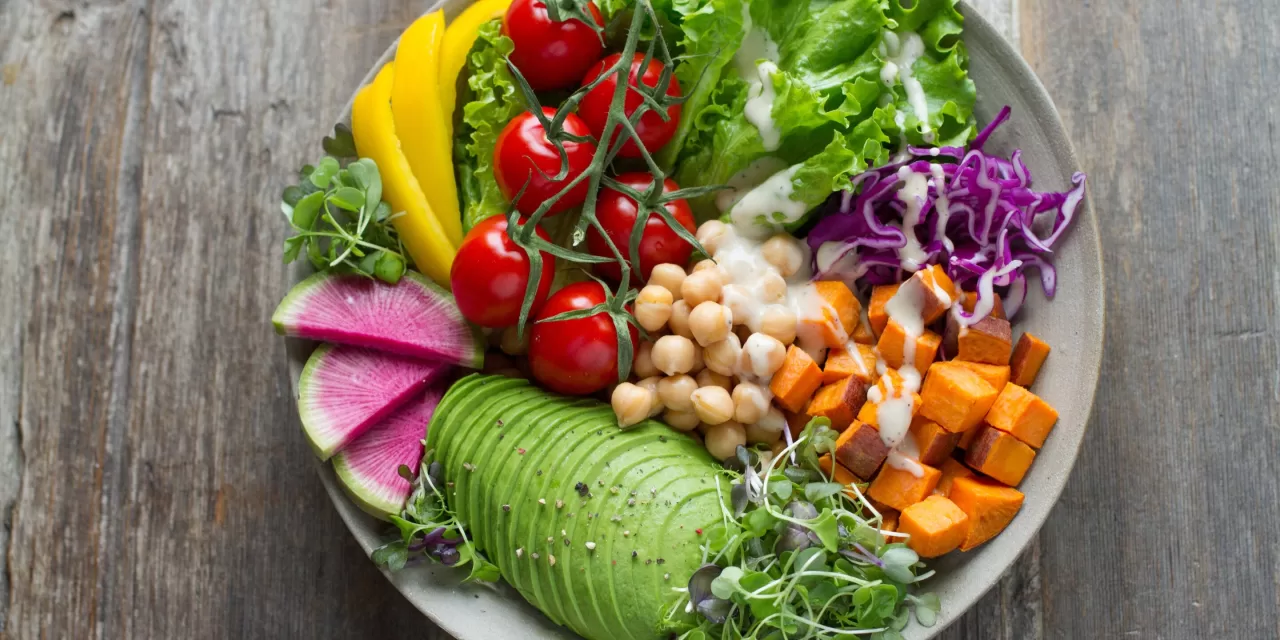A new dietary trend is gaining attention online—the 30-plants-a-week challenge. Promising better health outcomes, this challenge encourages individuals to consume 30 different plant foods per week, ranging from fruits and vegetables to nuts, seeds, wholegrains, and herbs. The idea is rooted in the belief that a diverse plant-based diet promotes a healthier gut microbiome, which in turn supports overall well-being.
The 30-Plants-a-Week Concept
Public health guidelines have long recommended consuming five servings of fruits and vegetables each day, aiming to ensure sufficient intake of essential nutrients and fiber. However, the 30-plants-a-week challenge takes a different approach. Instead of focusing solely on quantity, it emphasizes variety—suggesting that eating a wider range of plant-based foods offers additional health benefits.
Each different plant food eaten counts toward the 30-plant goal. However, some guidelines are in place: herbs and spices only count for one-quarter of a plant point, and refined plant products such as fruit juices or white bread don’t count at all.
Gut Health: The Science Behind the Challenge
The challenge is based on findings from the American Gut Project, a study involving participants from the US, UK, and Australia. Research from the project suggests that a more diverse diet of plant-based foods is linked to a greater variety of microorganisms in the gut microbiome—trillions of bacteria, fungi, and viruses that live in our digestive tract. A diverse microbiome has been associated with better immune function, reduced risk of chronic diseases, and even improved mental health.
While this is compelling, it raises the question: Does eating 30 plants a week provide additional benefits over simply following public health guidelines like five servings of fruits and vegetables daily? The answer seems to be that both approaches lead to improvements in gut health and overall well-being. Whether you follow the 30-plants challenge or stick with the traditional five-a-day, the key takeaway is that plant diversity seems to be a crucial factor for better microbial diversity and health outcomes.
Accessibility and Practicality Concerns
While the 30-plants-a-week challenge has its merits, it isn’t without challenges. One major concern is cost—buying 30 different plant-based foods each week may not be financially feasible for everyone. For those on a tight budget, solutions like buying in bulk, using frozen or canned produce, and meal planning may help mitigate costs. However, these options still require time, space, and resources that not everyone has access to.
Moreover, there’s a risk that focusing on the number of plants could oversimplify the complexity of healthy eating, which involves a balance of nutrients. It’s important not to overlook the need for a well-rounded diet that goes beyond just plant diversity.
The Bottom Line: Variety is Key
Though the 30-plants-a-week challenge has its drawbacks, it serves as a fun and positive way to encourage healthier eating habits. By shifting the focus from restriction to inclusion, it may inspire individuals to incorporate more plant-based foods into their diets, displacing less nutritious options.
For those considering the challenge, here are a few easy ways to boost plant diversity in your diet:
- Swap your carbs: Choose wholegrains like quinoa or wholegrain pasta instead of refined carbs.
- Include nuts and seeds: A small handful adds diversity without much effort.
- Add pulses and lentils: Incorporate lentils into meals like spaghetti bolognese for extra plant points.
- Use frozen and tinned foods: Stock up on frozen vegetables, berries, and canned beans to make the challenge more affordable and accessible.
A Final Thought
While the 30-plants-a-week challenge could inspire positive dietary changes, it’s important to remember that sustainable improvements in health require more than just meeting a plant-based target. Long-term dietary habits, along with overall lifestyle changes, remain crucial for health. Further research is needed to understand how this challenge plays out in real-world settings and its potential for integration into public health messaging.
Disclaimer: The 30-plants-a-week challenge has not yet been widely studied for its effectiveness in real-world settings, and individual dietary needs may vary. Always consult with a healthcare provider or dietitian before making significant changes to your diet.











